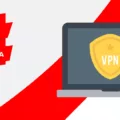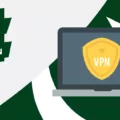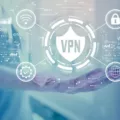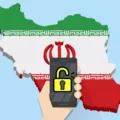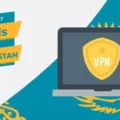Are you looking for a way to protect your online privacy and security while connected to the school’s computer system? If so, then Virtual Private Network (VPN) technology is the perfect solution. With a VPN, you can keep your internet activities and data secure from prying eyes. In this blog post, we will discuss what a VPN is and how to install it on a school computer.
A Virtual Private Network (VPN) is an encrypted connection that allows users to securely access the internet without being tracked or monitored by their Internet Service Provider (ISP). It works by routing all of your traffic through an encrypted tunnel, which prevents anyone from seeing what websites you are visiting or what data is being sent back and forth. It also hides your IP address, making it harder for hackers or other third parties to track you online.
How To Install A VPN On A School Computer?
Installing a VPN on a school computer can be tricky because of restrictions placed by the school’s IT department. However, if you follow these steps, it should be relatively simple:
1. First, find a reliable VPN provider that offers apps compatible with the operating system of your school computers – usually Windows or MacOS. You should also check that the provider offers servers located near your school’s network for better performance.
2. Download and install the app on your school computer – make sure to follow all instructions provided by the software carefully during installation.
3. Connect to one of the servers provided by the VPN provider – select the one closest to your current location for the best performance. Once connected, all of your internet traffic will be routed through this server and encrypted before going out onto the public internet.
4. Now you’re ready to start browsing privately and securely! Enjoy!
By using a VPN on your school computer, you can protect yourself from malicious actors who may be trying to monitor or steal sensitive information like credit card numbers or login credentials for online services like banking websites and social media accounts. Additionally, a VPN can help you bypass any geo-restrictions imposed by websites or streaming services so that you can access all of their content no matter where in the world you are located!
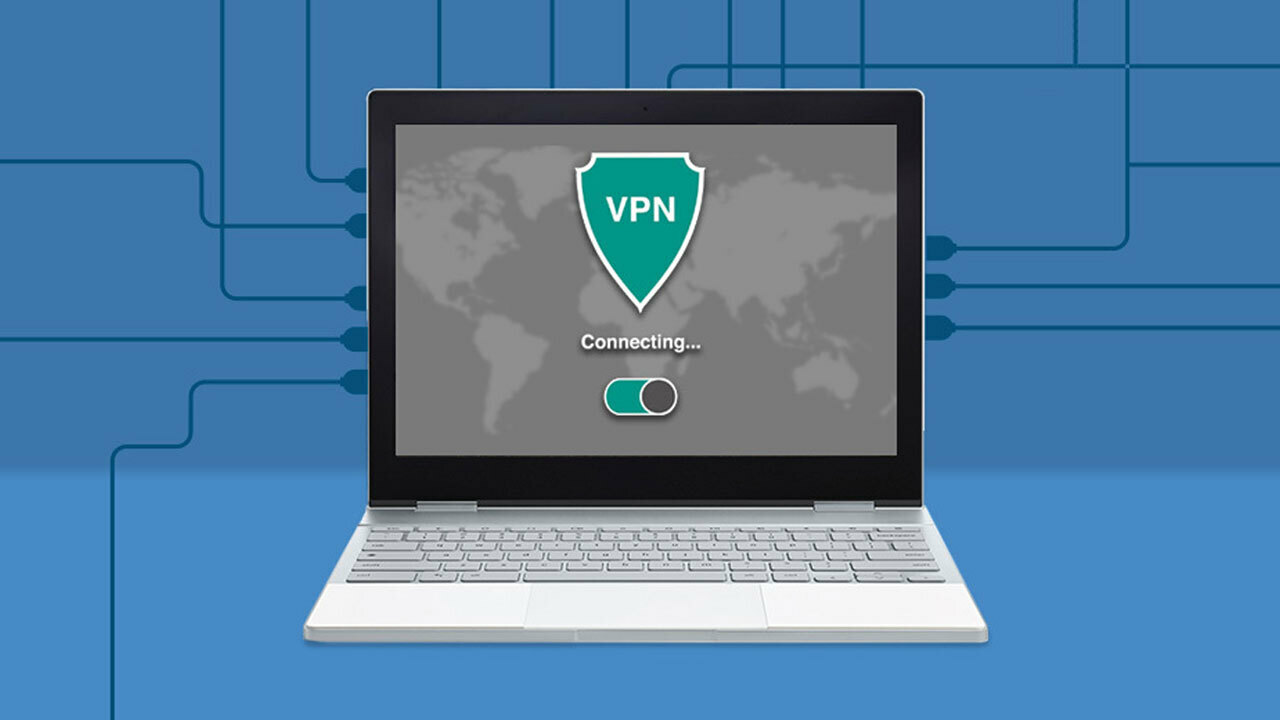
Obtaining a Free VPN on a School Computer
If you want to get a free VPN on your school computer, there are a few steps you need to follow:
1. Choose a reputable VPN provider. There are several reliable free VPNs out there, such as ExpressVPN, Windscribe, ProtonVPN, hide.me, Hotspot Shield, OperaVPN, TunnelBear, and Speedify. Make sure to read the reviews before selecting one.
2. Download the appropriate VPN client for your device. Most providers have apps available for Windows, MacOS, and mobile devices that can be downloaded from their website or app store.
3. Once the app is installed on your device, launch it and log in with your credentials (username/password).
4. After logging in, select the desired server location and click “Connect” to establish a secure connection with the selected server.
5. Once connected to the VPN server you will be able to access websites that might otherwise be blocked in your school network without any restrictions or censorship.
Bypassing VPN Blocks at School
Bypassing a VPN block at school can be tricky, but it is possible. Your school may be using firewalls to block traffic from certain VPN protocols, so you’ll want to switch to a different encryption or tunneling protocol. If that doesn’t work, you can try connecting to obfuscated VPN servers, there are special servers that are specifically designed to bypass firewalls and other forms of censorship. Another option is to get a dedicated IP address from your VPN provider, this will make it easier for the school’s firewall to identify and block your connection. Lastly, if all else fails, you may want to consider switching to a more robust VPN service that can do it all; we recommend NordVPN which is now 63% OFF!
What VPNs Are Compatible With School Computers?
NordVPN is the best VPN for school computers, as it provides a reliable connection and unblocks a variety of websites and streaming platforms. With NordVPN you can also take advantage of its traffic obfuscation feature which masks the fact that you are using a VPN. It has strong military-grade encryption, DNS leak protection, and an automatic kill switch to ensure your data remains secure. Additionally, it offers plenty of servers to choose from so you can find one with the best performance. All these features combine to make NordVPN the perfect choice for school computers.
Setting Up a VPN on a School Chromebook
If you want to get a VPN on your school Chromebook, it’s easy to do. First, at the bottom right of your screen, select the time and then select Settings. Scroll down and select Google Play Store from the options. Once in the Play Store, select Manage Android Preferences and scroll down to PPTP VPN. In the upper right corner of this page, select Add. This will open a box where you can fill in all your VPN information. Once completed, select Save and you should now be connected to your new VPN.
Turning Off School Restrictions
The best way to turn off school restrictions is to use a Virtual Private Network (VPN). A VPN is a secure connection that encrypts your data and allows you to access blocked websites. Masking your IP address gives you the ability to access restricted sites. Additionally, it can provide an extra layer of security by preventing hackers or anyone else from tracking your internet activity.
To turn off school restrictions with a VPN, simply download and install the program on your device. Once installed, open the application and select the server you want to connect to. This will route all of your internet traffic through the selected server, allowing you to bypass school firewalls and other restrictions.
It’s important to keep in mind that using a VPN does come with some risks. Your school may block VPNs or certain servers, so it’s important to check with them first before using one. Additionally, some services may collect user data or track your online activities, so be sure to research any potential service before signing up for it.
Unblocking a School Computer
To unblock your school computer, you need to use a premium VPN service like NordVPN. After signing up for their service, simply select the server location of your choice and connect to it. This will give you access to all the restricted content on your school computer, such as games, apps, and other entertainment platforms. To make sure that your connection is secure, NordVPN also encrypts your data so that no one can view or track what you’re doing online.
Do School Networks Block Access to VPNs?
Many schools do block VPNs on their networks, as they can be used to bypass school security and access websites that are not allowed on the network. Additionally, some schools may have policies or terms of service that explicitly prohibit the use of VPNs on their network. It is important to check with your school’s IT department to be sure if you are allowed to use a VPN while connected to the school’s network. If your school does allow the use of VPNs, it is important to choose a trustworthy provider like CyberGhost in order to protect yourself from potential cybercriminals who may be targeting public Wi-Fi networks.
Bypassing School Wi-Fi Restrictions
The best way to bypass school Wi-Fi restrictions is to use a Virtual Private Network (VPN). A VPN will encrypt your connection and hide your true IP address, allowing you to bypass any blocks set up by the school. This will allow you to access websites and services that may have been blocked on the school’s network.
To get started, you’ll need to choose a reliable VPN provider with servers in the country or region you need access to. Once you have chosen a provider, install the software on your device and connect to one of their secure servers. After that, all of your traffic will be encrypted and routed through the secure server, allowing you to access otherwise restricted content.
Using a VPN is an effective way to bypass school Wi-Fi restrictions and gain unrestricted access to the internet. It can also help improve online privacy and security when using public networks or unfamiliar networks.
Conclusion
In conclusion, VPNs are an essential tool for online safety, privacy, and access. They allow you to securely connect to the internet, bypass geo-restrictions and censorship, protect your data from snooping and cyber-attacks, and even unblock websites and streaming services that may be unavailable in your region. With the right VPN service provider, you can enjoy a secure connection with fast speeds, unlimited bandwidth, and no data caps. Whether you’re looking for a free VPN or one that requires a paid subscription, it’s important to choose the best one for your needs. Before making a decision about which VPN to use, make sure to research different providers carefully to make sure they offer features like military-grade encryption protocols, no-logs policy, zero-knowledge DNS servers as well as reliable customer support.


